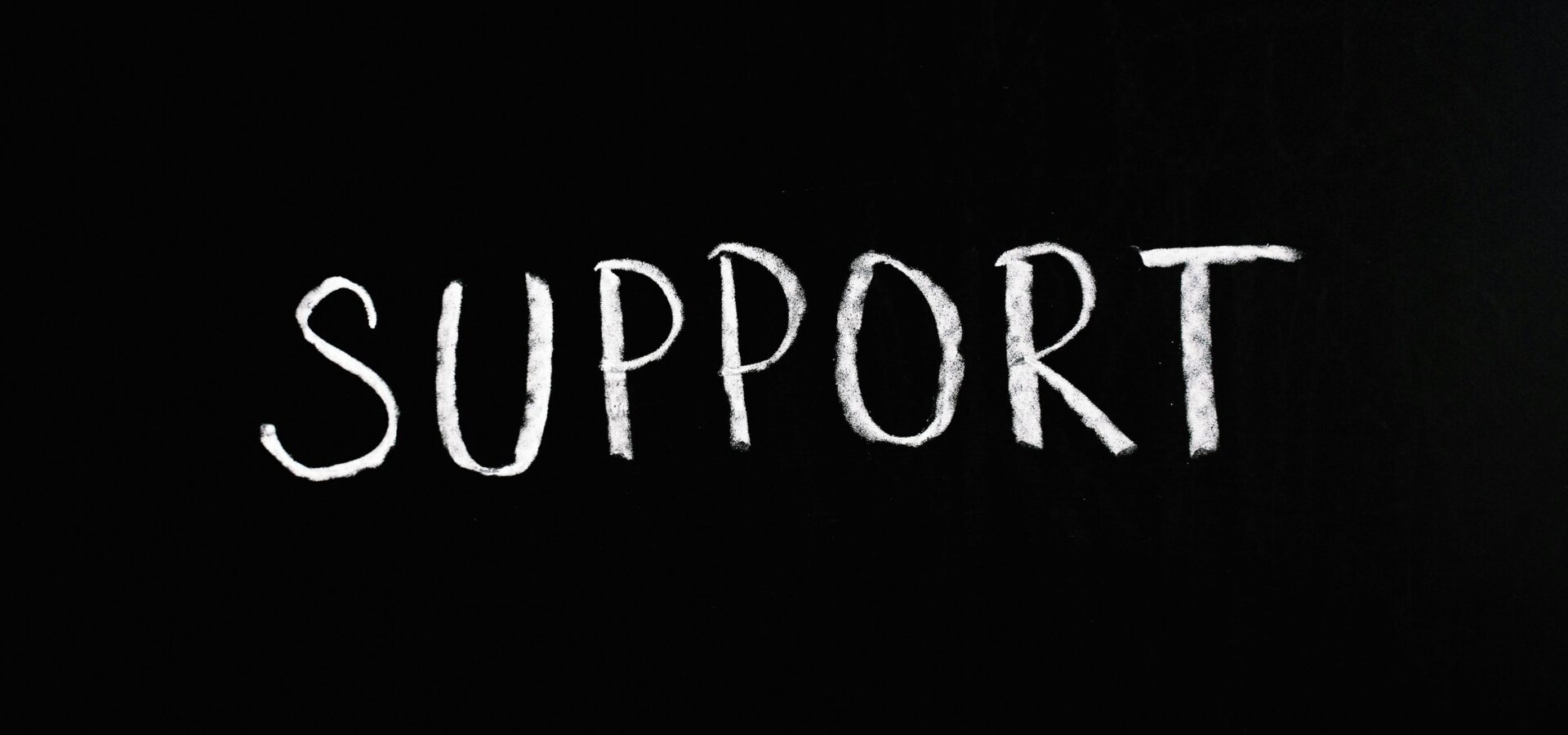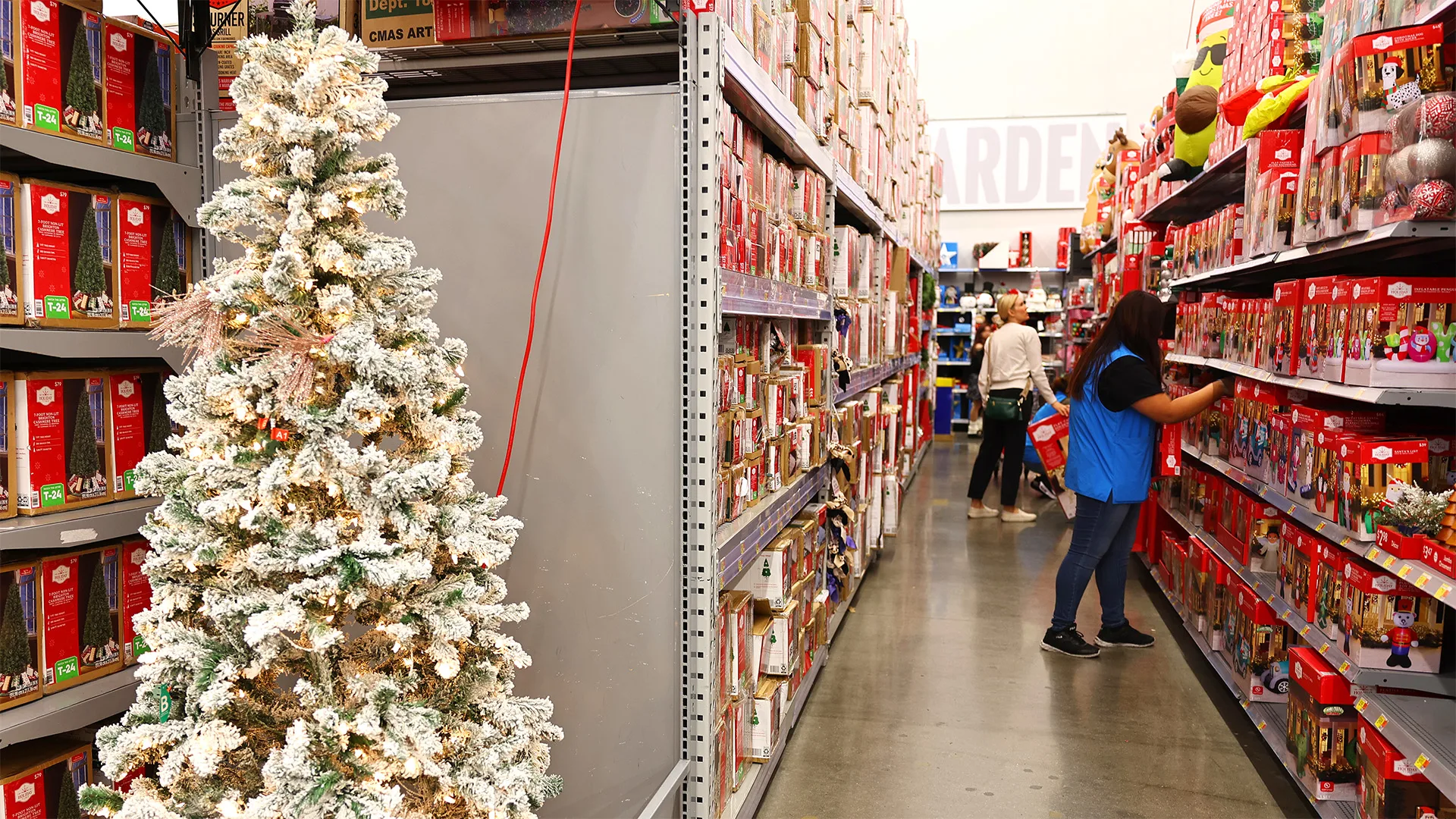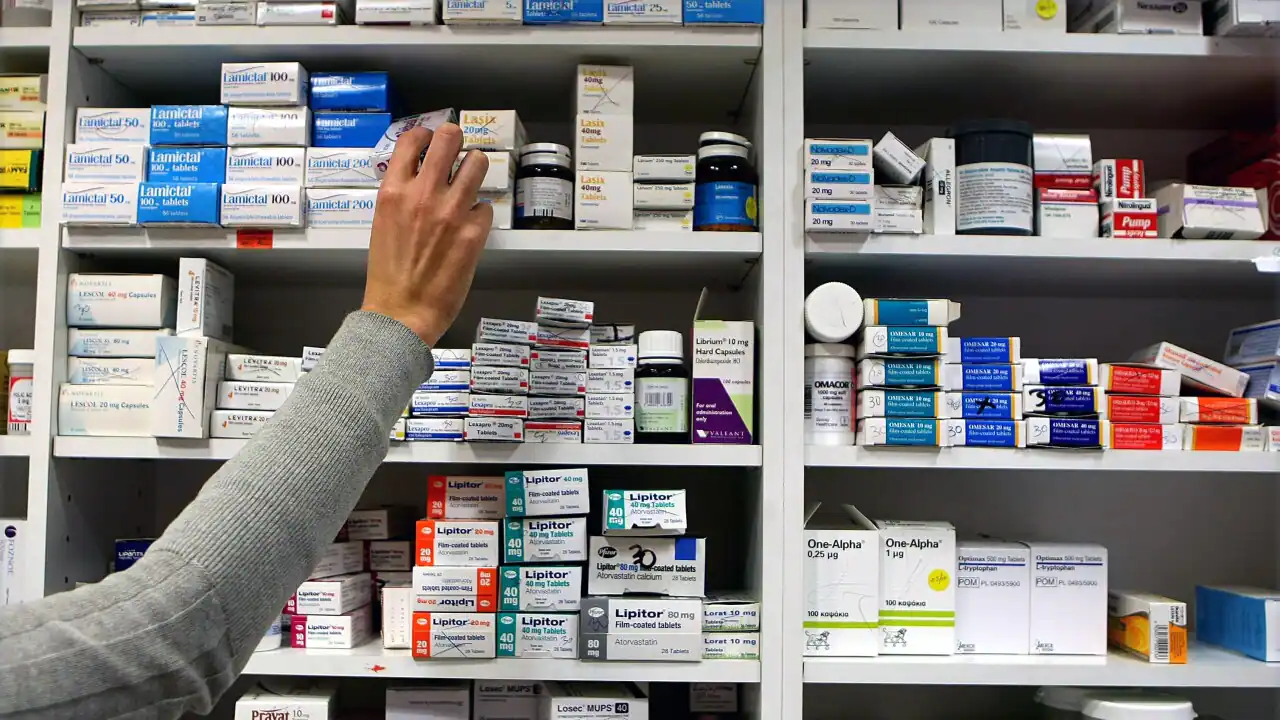Copyright timesnownews

New York Governor Kathy Hochul has declared a state of emergency to allocate $65 million to food banks, as federal funding for the national food stamp programme — officially known as the Supplemental Nutrition Assistance Program (SNAP) — is set to lapse on November 1. Oregon and Virginia have issued similar declarations to release emergency funds for food assistance, amid fears that nearly 42 million Americans could lose access to federal food benefits during the ongoing government shutdown. New York, which receives almost $650 million each month in federal SNAP funds, will direct the emergency money to food banks and pantries already under strain. Also Read: What Are Snap Benefits And Why Americans Should be Worried? Neither Congress nor President Donald Trump's administration has yet acted to extend funding for November SNAP benefits, which cost about $8 billion per month. Here's what the loss of federal funding means for each state: Alabama Roughly 749,000 people in Alabama rely on SNAP. The state's Department of Human Resources (DHR) says applications and eligibility assessments will continue during the suspension, though no benefits will be issued until funding resumes. Recipients must continue to recertify and submit documentation so that benefits can be reinstated quickly once funding returns. Alaska About 66,000 Alaskans use SNAP. The state's Division of Public Assistance says no benefits will be issued for November unless the federal shutdown ends beforehand. Officials are continuing to add beneficiaries, while those affected by Typhoon Halong can apply to have October benefits reissued. Arizona More than 887,000 residents participate in SNAP. The state Department of Economic Security is directing people to local food banks via the Arizona Food Bank Network for emergency assistance. Arkansas Roughly 236,000 people depend on SNAP. The state's Department of Human Services (DHS) has warned of delays or disruptions in November benefits and is awaiting further guidance from the USDA. Governor Sarah Huckabee Sanders criticised Democrats on X, saying their “shutdown” would hurt families and small businesses. The DHS is urging residents to seek temporary help from local pantries and churches. California Over 5.5 million Californians receive food aid through CalFresh, including more than 1 million in Los Angeles County. Governor Gavin Newsom has ordered the California National Guard to assist food banks as the shutdown continues. Colorado Governor Jared Polis warned that 600,000 Coloradans, half of them children, will lose benefits on 1 November. The state is part of a lawsuit challenging the suspension of federal SNAP funding. Connecticut Around 360,000 people use SNAP in Connecticut. The state will spend $3 million to supplement food aid for roughly two weeks through Connecticut Foodshare. Officials are also exploring options to support food banks if EBT cards are frozen. Delaware More than 110,000 people in Delaware rely on SNAP. Governor Matt Meyer confirmed the state will not be able to issue over $20 million in benefits to some 60,000 households. “We're a state of neighbors, and we'll get through this — together,” he said. District of Columbia About 130,000 people participate in SNAP in Washington, D.C. Attorney General Brian L. Schwalb joined other state officials in asking why reserve funds were not being used. The Capital Area Food Bank reports rising demand amid funding cuts. Florida Nearly 3 million Floridians use SNAP. State officials warn that November benefits will not be issued until funding is restored. Democratic Rep. Maxwell Frost has urged Governor Ron DeSantis to call a special legislative session to fund the programme. Georgia SNAP supports 1.3 million people in Georgia and contributes over $3 billion annually to the state economy. Officials say they will need more than $60 million in state funds by 2026 to maintain staffing for the programme. Guam Roughly 32,000 residents — about 30% of the island's population — use SNAP. Governor Lou Leon Guerrero signed a law providing $12.3 million for November benefits and $800,000 for WIC. Hawaii Over 160,000 people in Hawaii rely on SNAP. The state has set aside $100 million for families struggling with housing and utilities. Food banks have issued updated schedules for food distribution. Idaho About 130,000 Idahoans use SNAP. The state health department says no benefits will be distributed in November. The Idaho Foodbank expects a sharp rise in demand at pantries and soup kitchens. Illinois Nearly 2 million Illinois residents depend on SNAP. Food pantries in Chicago are urging families to prepare a “Plan B” in case of delays. Indiana Around 600,000 people use SNAP in Indiana. The state cannot issue November benefits until funding is restored. Iowa Over 250,000 Iowans participate in SNAP. Governor Kim Reynolds has ordered regular coordination with food banks as they brace for higher demand in November. Kansas Roughly 186,000 Kansans rely on SNAP. Governor Laura Kelly has joined a lawsuit against the USDA over the funding halt and launched food drives to aid affected families. Kentucky Over 550,000 people in Kentucky rely on SNAP. Governor Andy Beshear says the state cannot cover benefits due to the shutdown and has joined legal action against the USDA. Louisiana About 800,000 residents use SNAP. Governor Jeff Landry has declared a state of emergency, approving $150 million in state funding for food benefits. Maine Nearly 170,000 Mainers could lose food assistance. The state's health department is directing people to call 211 for help finding local food resources. Maryland More than 660,000 Marylanders receive SNAP. Governor Wes Moore said the state would not tap its reserves to replace federal funding. Massachusetts Over 1 million residents depend on SNAP. State officials and United Way are raising funds to offset the loss. Michigan About 1.4 million people rely on SNAP. The state has suspended payments for November and is bracing for increased demand at food banks. Minnesota Nearly 500,000 Minnesotans use SNAP. Governor Tim Walz has announced $4 million in emergency aid to food shelves. Mississippi Over 350,000 residents rely on SNAP. Governor Tate Reeves said the state cannot afford to cover federal shortfalls, blaming Democrats for the shutdown. Missouri Roughly 650,000 Missourians will not receive November benefits. The state's health department says applications will continue to be processed during the pause. Montana Over 80,000 Montanans use SNAP. The Montana Food Bank Network expects demand to rise as the shutdown continues. Nebraska More than 150,000 Nebraskans depend on SNAP. Governor Jim Pillen has blamed Democrats for the impasse and confirmed the programme will likely be disrupted. Nevada Roughly 500,000 people in Nevada rely on SNAP, which costs about $90 million per month. The state lacks a mechanism to fund the programme independently. New Hampshire About 75,000 residents depend on SNAP. The state is partnering with the New Hampshire Food Bank to provide temporary support. New Jersey Over 800,000 people in New Jersey use SNAP. Governor Phil Murphy has blamed Republicans for the shutdown and urged use of $5 billion in federal contingency funds. New Mexico Nearly 500,000 people participate in SNAP. Lawmakers are developing an emergency food plan involving schools and charities to fill the gap. New York Almost 3 million residents rely on SNAP, including 1.8 million in New York City. Governor Kathy Hochul is exploring options to send meals home with schoolchildren if funding lapses. North Carolina More than 1.4 million residents use SNAP. State officials warn of disruptions and say food banks cannot replace federal benefits. Northern Mariana Islands Governor David M. Apatang has requested a $3.9 million emergency appropriation to sustain benefits for November. North Dakota Over 50,000 people in North Dakota use SNAP. Governor Kelly Armstrong says the state has resources but lacks infrastructure to replace the federal system. Ohio More than 1.4 million Ohioans receive SNAP. Local food banks report serving 5,000 families daily, up 58% from pandemic levels. Oklahoma About 685,000 residents use SNAP. Officials are encouraging people to lock their EBT cards against theft and seek help from tribal food programmes. Oregon Over 750,000 Oregonians use SNAP. Governor Tina Kotek says no benefits will be issued after October. Pennsylvania Roughly 2 million people in Pennsylvania rely on SNAP. Governor Josh Shapiro has joined legal efforts against the USDA, warning that food banks cannot replace federal benefits. Puerto Rico The island operates the Nutrition Assistance Program (PAN) instead of SNAP. Officials have given conflicting reports about whether November funding remains. Rhode Island Over 140,000 residents depend on SNAP. Governor Dan McKee is coordinating a rapid response, while rival Helena Foulkes has called for a state of emergency. South Carolina More than 550,000 South Carolinians use SNAP. Governor Henry McMaster and local organisations have launched a statewide fundraising drive to assist food banks. South Dakota Over 75,000 residents rely on SNAP. Officials urge recipients to prepare for benefit gaps and seek community food support. Tennessee Roughly 700,000 people participate in SNAP. Governor Bill Lee says the state lacks the infrastructure to replace federal payments. Texas SNAP supports about 3.5 million Texans, including 1.7 million children. The state's system will stop issuing benefits if the shutdown continues beyond 27 October. Utah More than 170,000 Utahns rely on SNAP. Food pantries report growing demand even before the November lapse. Vermont Around 63,000 people use 3SquaresVT, Vermont's version of SNAP. Governor Phil Scott approved a $6.3 million plan to fund food aid for 15 days if federal support runs out. Virginia Over 800,000 Virginians depend on SNAP. Governor Glenn Youngkin has declared a state of emergency and set aside $145 million for November. Virgin Islands More than 20,000 residents rely on SNAP. Each household will receive a check covering half of its November allotment, according to the governor's office. Washington Nearly 900,000 Washingtonians use SNAP. State Attorney General Nick Brown has asked the USDA to clarify why reserve funds have not been deployed. West Virginia Roughly 280,000 people in the state rely on SNAP. Officials say local charities cannot meet demand if benefits lapse. Wisconsin About 700,000 residents use FoodShare, the state's SNAP programme. Governor Tony Evers warned the system will run out of funds at the end of October. Wyoming Roughly 30,000 residents use SNAP. State officials confirm that no benefits will be distributed starting 1 November. Get Latest News Live on Times Now along with Breaking News and Top Headlines from US News and around the World.



